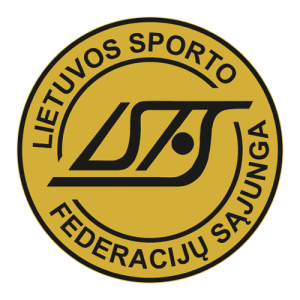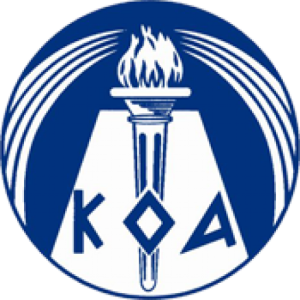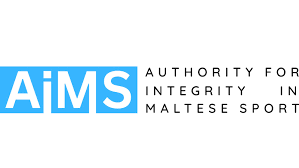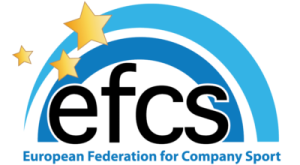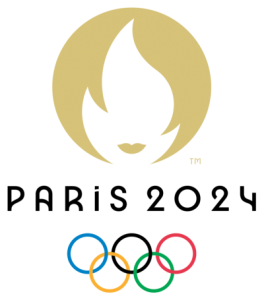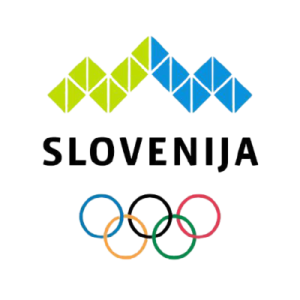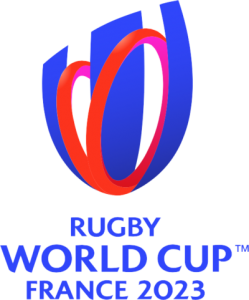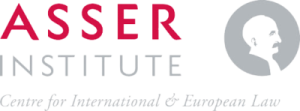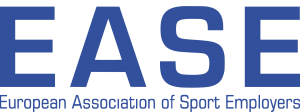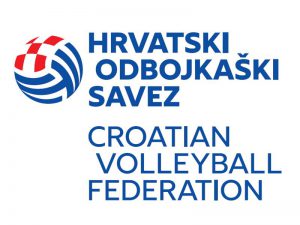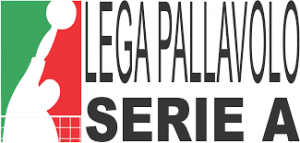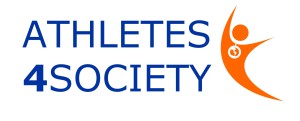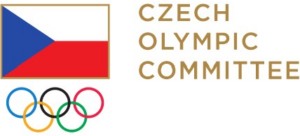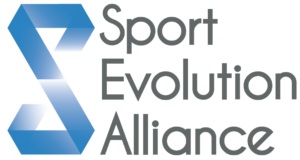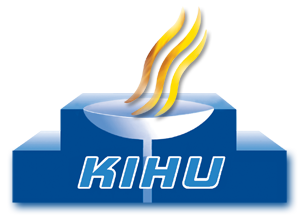Aim of the project
The aim of the project was to develop a common European Convergence Code of Good Governance for national sports federations.
The main assumptions of the project include:
Evaluation of the social value of athletes as role models (verification of the role that athletes can play in promoting sport and generating social value in sport),
Development and pilot testing of a set of tools facilitating the effective use of the athlete's brand in activities carried out by sports organizations across Europe in the field of social responsibility, and then making these tools available to sports entities,
Identifying and promoting good practice of sports organizations across Europe that actively use athletes to enhance the positive outcomes of their corporate social responsibility activities.





